Natalia Bażowska
All crises come from hatred, which is often self-hatred, says Natalia Bażowska in the first instalment of our new series. We are asking the same five questions to artists associated with Hestia’s Artistic Journey competition.
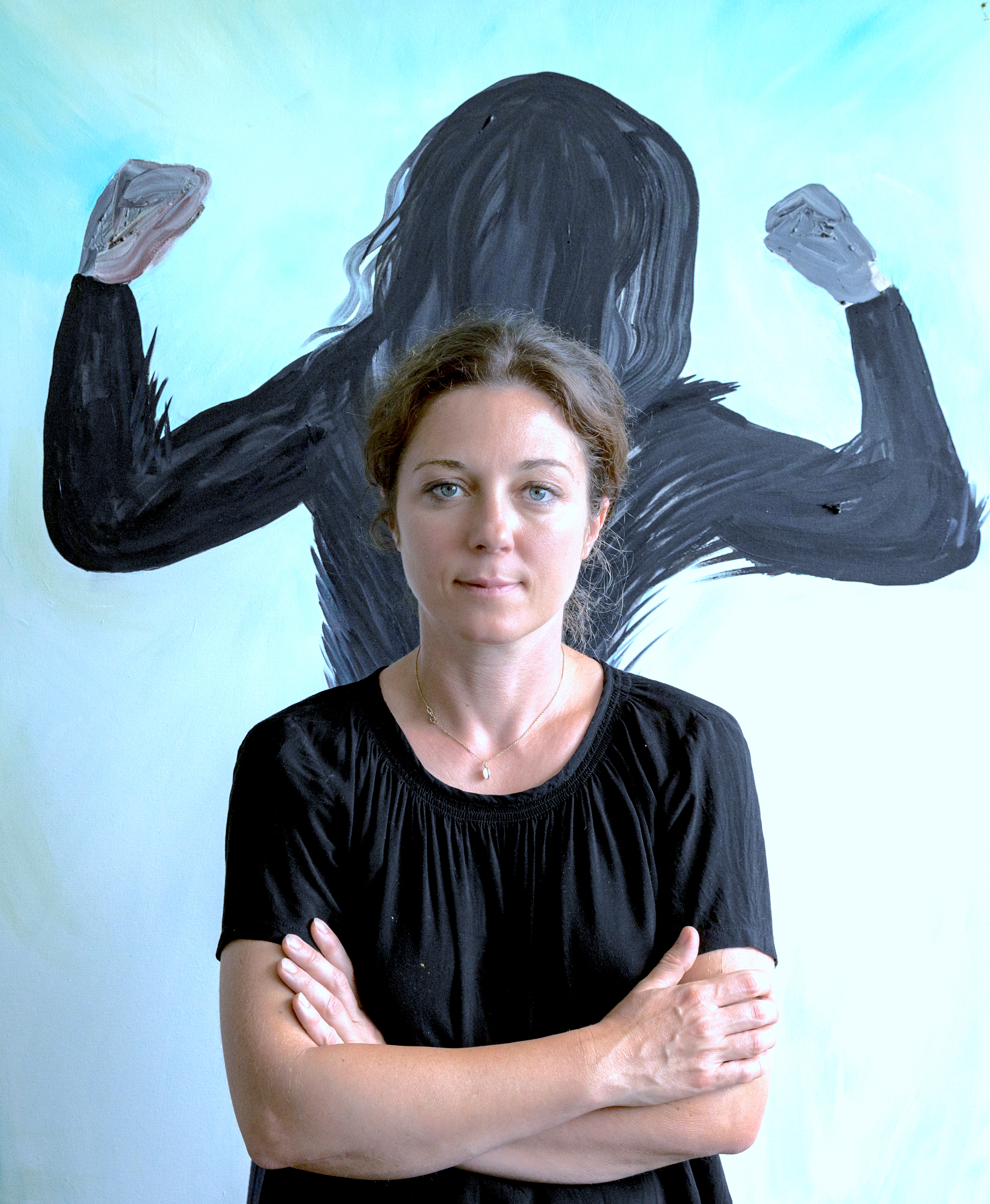
- Can art fix the world?
Art is very influential in shaping world views. You only have to discover what kind of message will reach the target audience. Art can also be influential in a more subtle way, as a subtle message. Such practices were used by old masters: Rembrandt, who smuggled criticism of the mighty ones of his time into his works (which did not end well for him, by the way). Visual art has the power to speak a universal language. It needs no translation. It operates on the conscious and subconscious.
Every artist is more or less influential in shaping the world, especially if their work is sincere and revolves around themes that move them and are relevant to them. I don’t mean art as therapy, that’s another matter entirely. I mean art that is in no way blocked, controlled by the established interpretations that are imposed on it; art that can act freely on the viewer because then it has the greatest power of influence.
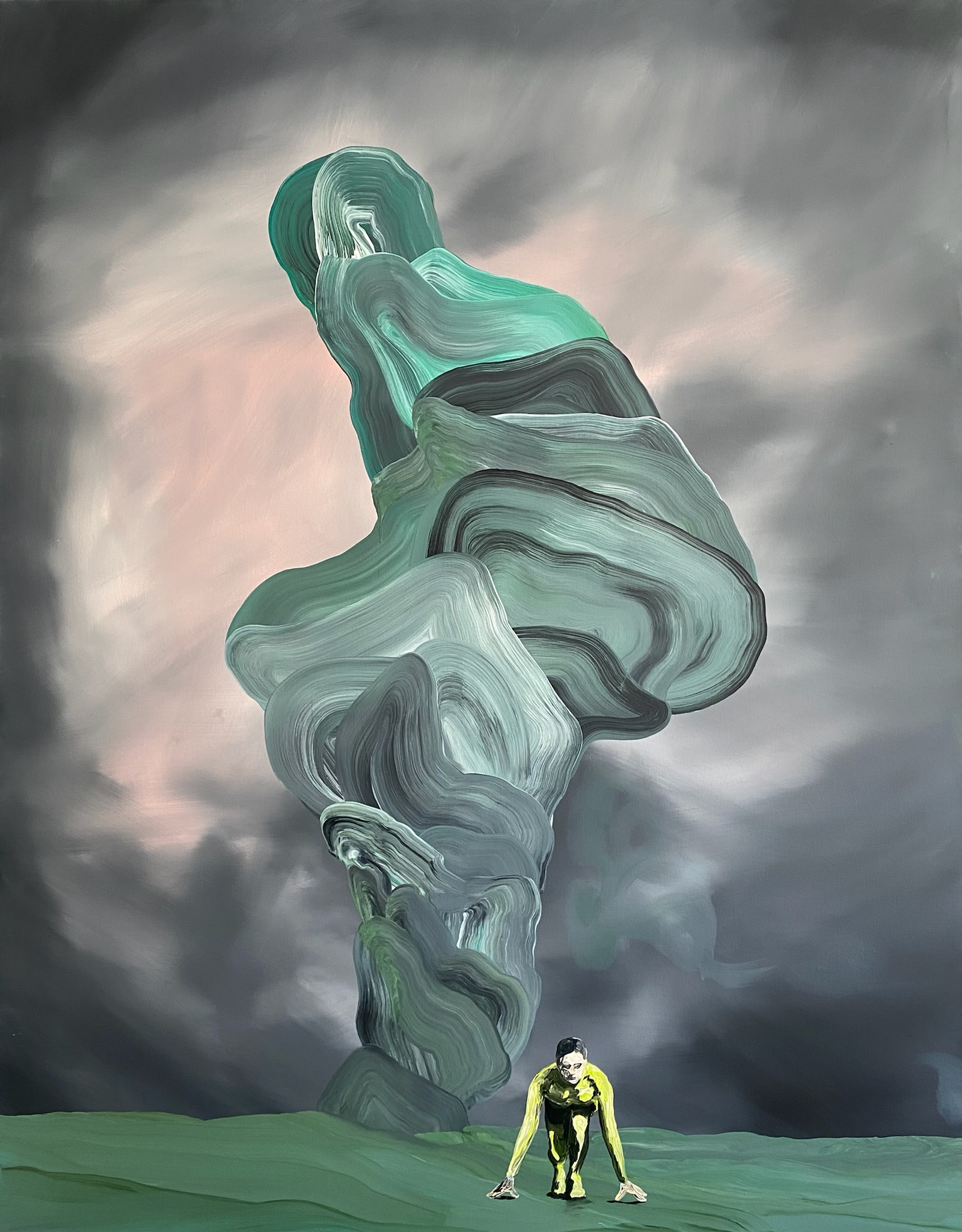
- How important is climate change to you?
We are living in the Anthropocene. I think that by paying attention to that which is amazing and beautiful in nature on earth, we can help stop the impact of the economy leading to climate change. How this mechanism works is simple. Humans as a species will only want to protect and enable the survival of what they know and understand. Anything that is not understood is usually destroyed or subjugated. A good case in point is colonisation. You can say that climate change is the result of a kind of colonisation that has enslaved nature. Humans have exploited nature for decades, unscrupulously, hoping they will feel no consequences.
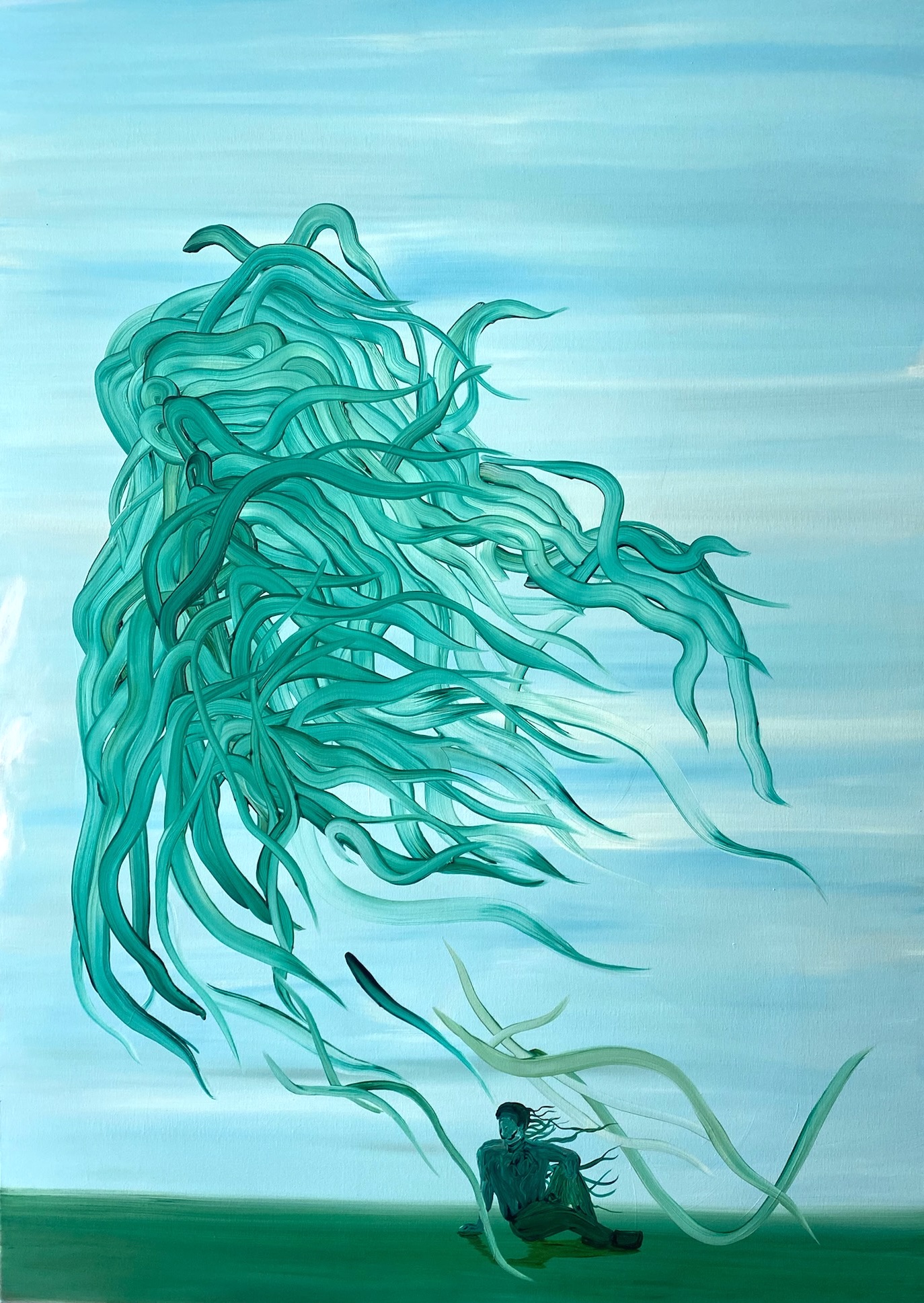
- Do you feel like an activist?
I am very cautious about labels because a label is often immediately associated with a whole lot of opinions. Am I active as regards issues that are important to me? Absolutely. Do I feel like an activist? Not really. I do what I can in whatever form that seems best to address the issues I feel are crucial. A kind of forceful activism is not always a good thing. The suffragists and suffragettes are a good example. In order for a breakthrough to take place, more radical action and dialogue were needed at the same time.
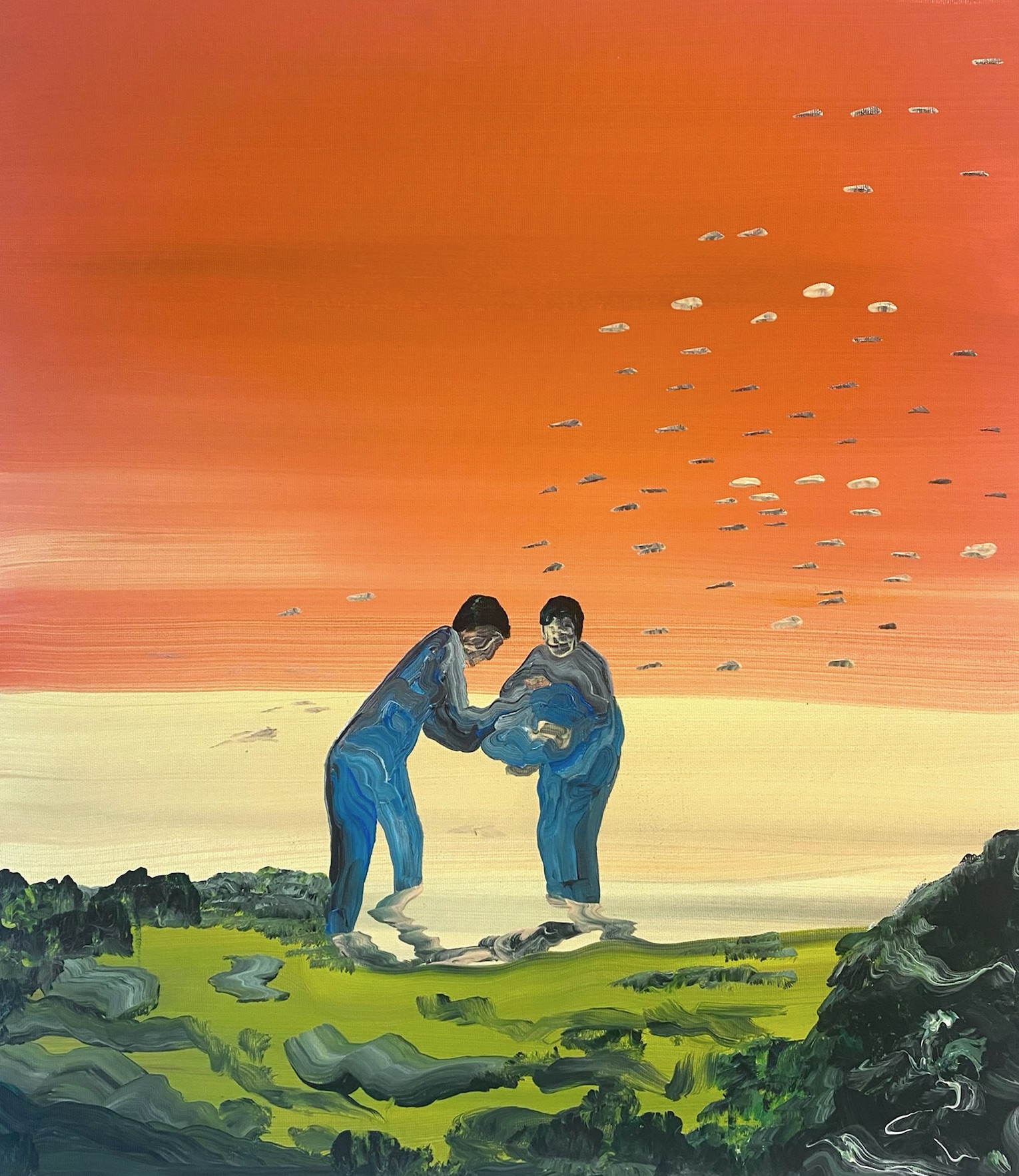
- How has your artistic practice changed in the face of the successive crises of recent years?
For a very long time, my work revolved around nature and our relationship with it. I spoke about nature quite directly both in painting and in other forms of expression, for example in the series “Children of the Earth”, which was created over a period of several years. In those works I made direct reference to relationships with vegetation, water, earth, and animals. I made paintings, sculptures and video works, such as the story of my friendship with the female wolf Luna. Recently, I have come to the conclusion that works about nature reach most powerfully those who already respect and love nature. In this regard, they need not change.
So I started to talk more about the condition of humanity as such: about our emotions, our relationship with ourselves, our subconscious. The paintings I have just started working on are stories of our ups and downs, moments of transformation, continuous development. The war and economic crises have only confirmed me in my belief that these are the most important subjects at the moment. It’s like working at the grassroots. Unless the condition of humanity changes and we reach deep into ourselves, we will be unable as human beings to give love to ourselves and to nature. All crises come from hatred, which is often self-hatred. Greed, ruthlessness, and disrespect are precisely what triggers the avalanche. Without self-acceptance, we head for self-destruction.
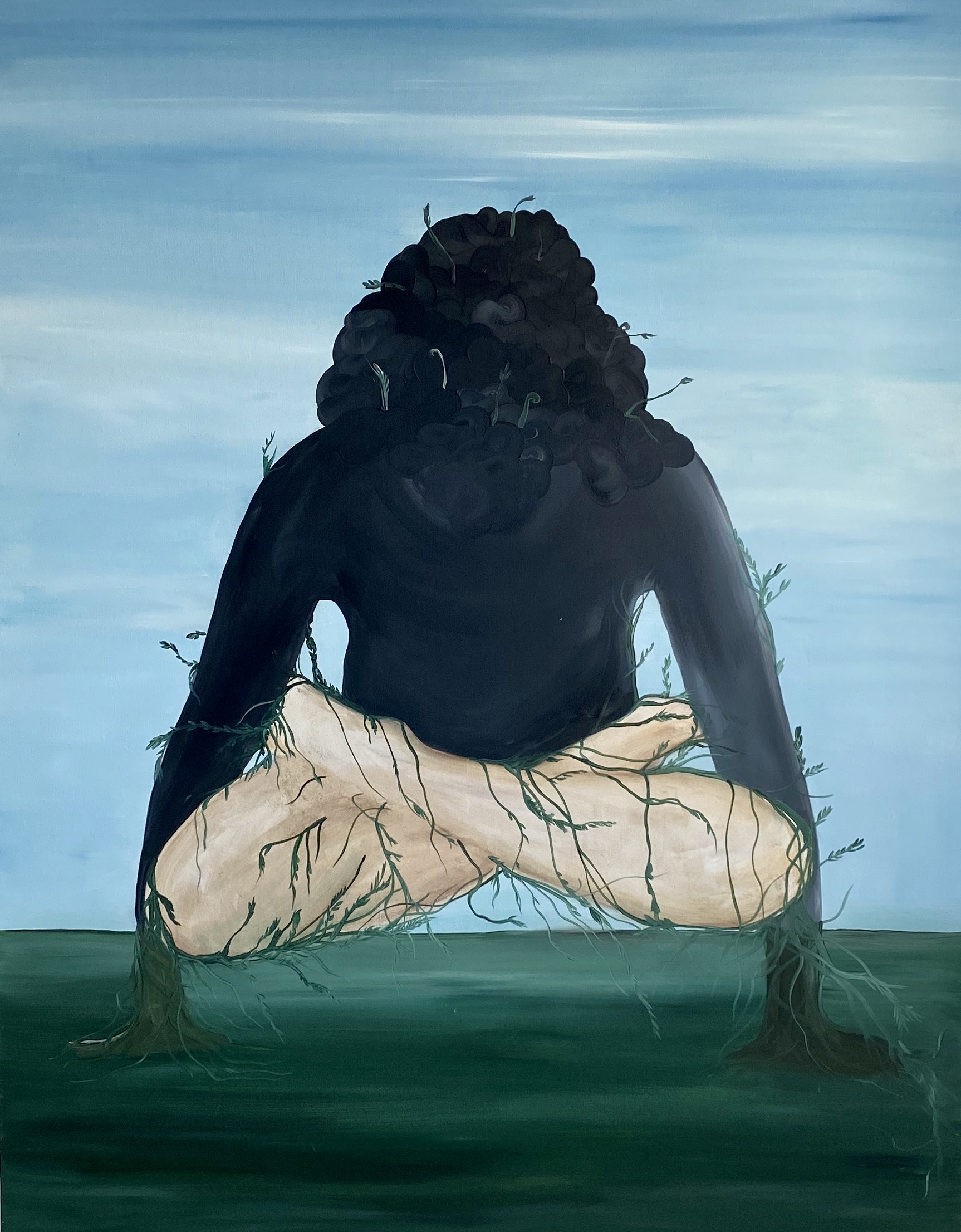
- What does it mean to be an artist in times of a climate crisis?
It is very important to ask, first of all, what does it mean to be human in times of a climate crisis? I think that no profession should shy away from responsibility.
 Powrót
Powrót